
Blog

I struggled with the readings from today’s liturgy, so I checked out Antioch in my Atlas of the Bible. As told in Acts (11-15) and the Epistle to the Galatians, Antioch was the earliest great centre of Gentile Christianity and was, in fact, the first place where the name “Christian” was used. It was here that Paul clarified his position that non-Jews need not convert to Judaism before becoming Christian. Men do not need to follow the ritual of …

I am in awe of the profound thought that has gone into the development of our liturgical year and the readings from Scripture that guide it. Today’s readings have been a challenge for me. The first, from Sirach about being judged by our words gives me pause. But the Psalm which follows gives me courage: “In old age they still produce fruit.” At age 80 I am grateful for the opportunity to share my reflections on the rich history …
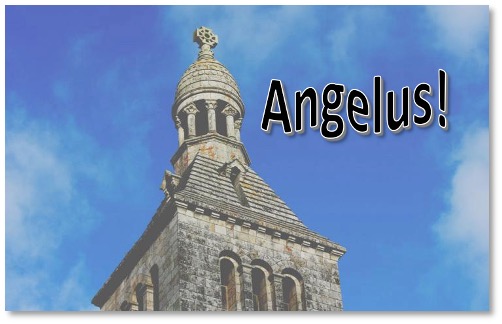
When I was studying theology at Fordham in 1964, a professor told us an anecdote from the diary of a 19th Century missionary to the Far North. The professor said that it is a principle of anthropology that the more remote a society is from the centres of civilization, the farther back in time it can lead us. When the missionary priest explained to the people the connection between sex and babies they laughed. How ridiculous, they said. Look at how …
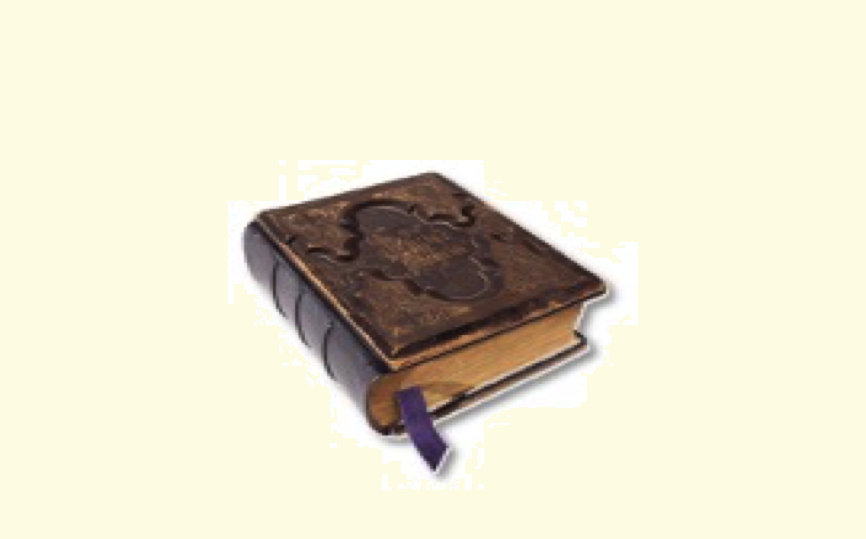
I wondered, ‘How do the three Readings in today’s liturgy relate to one another?’ It is my gift to look for relationships, also a major flaw. I see connections but I cannot always make them visible to others. The reading from Jeremiah 31, from the Letter to the Hebrews and the Gospel of Mark, seemed quite random and unrelated to me. It is suggested that in our “Exploration” we leave the Gospel to the priest and concentrate on the other readings. Since the second …
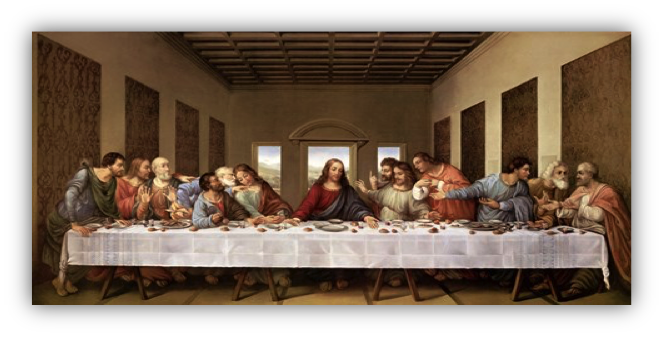
“Sticks and stones may break my bones but names will never hurt me!” These brave words, shouted at other children hurling insults, are simply not true. Words have power to hurt, as cyber bullying shows; and yet also have power to heal, as shouting back at bullies mitigates the pain. In the new catechism, St. Augustine is quoted as saying that the sacraments receive their power by combining words with material elements (1228). At the time of my First …

It was daunting when I realized my turn to write came on Easter Sunday. I read and studied all seven Readings from the Easter Vigil, the Exultat, the Baptismal Ceremony, the Epistles and Gospels. The “Exultat” sings in triumph, “O happy fault!” referring to the story in the Garden of Eden and the eating of the fruit of knowledge. The great Creation hymn that comprises the first reading (p. 349) is a prayerful reflection upon the knowledge given to …
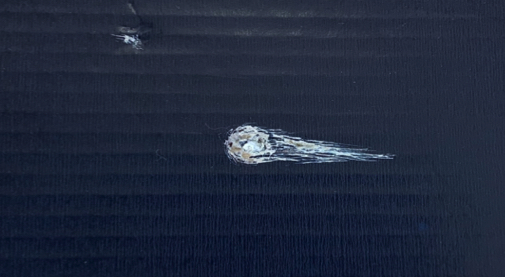
Epiphany (from Greek for “appearance”) used to be one of the Great Feasts of the Liturgical calendar, along with Easter and Pentecost. The weeks following January 6th were called the Sundays “after Epiphany” and the season extended to Ash Wednesday. This is my excuse for still writing about Epiphany, the feast that traditionally celebrated St. Paul’s mission to the Gentiles. Paul’s mission was fiercely opposed by some of the other apostles who wanted to cling to the rites and …
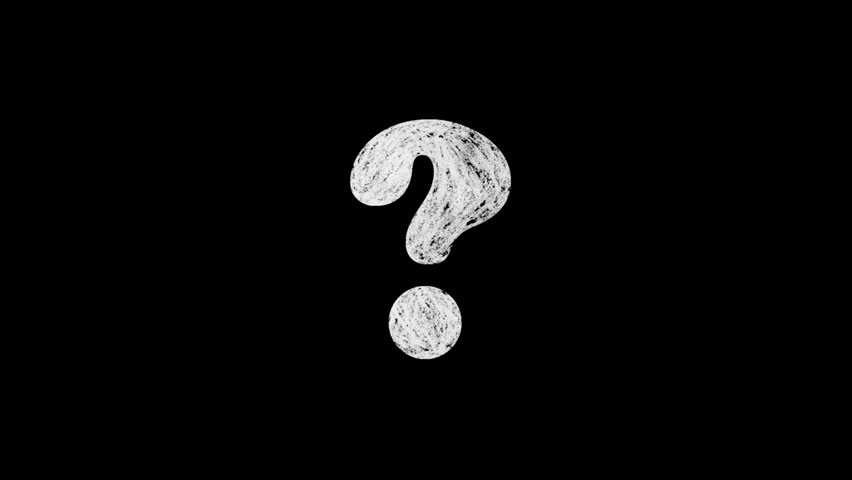
The first Sunday of Advent is also the first day of a new Liturgical year. Since the 2021 Sunday missal was not yet available, I opened the New Testament and read the beginning: “The book of the genealogy of Jesus Christ, the son of David, the son of Abraham.” (Mt 1.1) My mother-in-law once told me that in her lifetime she read the Bible, all the way through, three times. “Except,” she admitted, “for the begats. I skipped over …
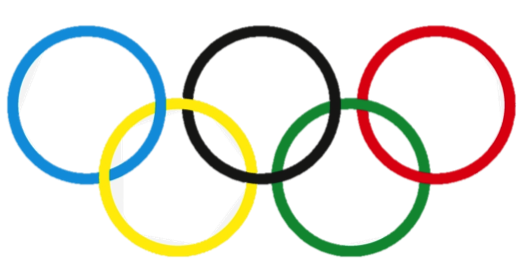
“……in humility regard others as better
than yourselves.”
(from today’s second reading)
It is hard to be humble when you are entitled. If one learns
that the Creator has chosen one group over all others and has also learned from
the best science of that time that one half of the Chosen are meant to rule
over the other half, then to be humble is even more difficult. In the
Bible these are familiar ideas. …

James
Cameron’s movie, “Aliens” is a good metaphor for many of the world’s
great religions. Near the beginning of the movie when the astronauts go
into a cave to find the alien being their ship’s instruments had indicated
while they were in orbit, they cannot find it. We, the audience watching
the movie, know they cannot see the monster because they are inside of
it. We cannot see our own Faith objectively because we are
“inside” of it. At …